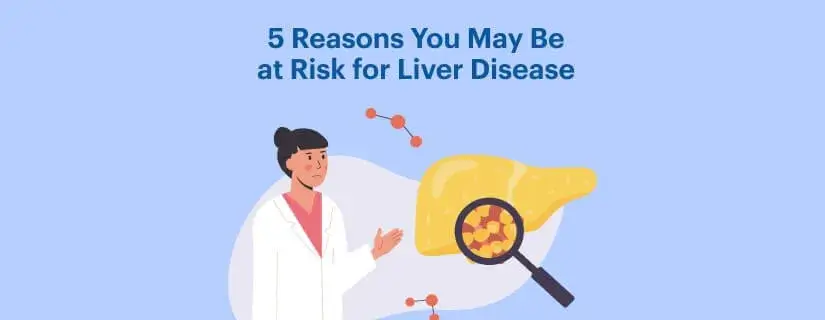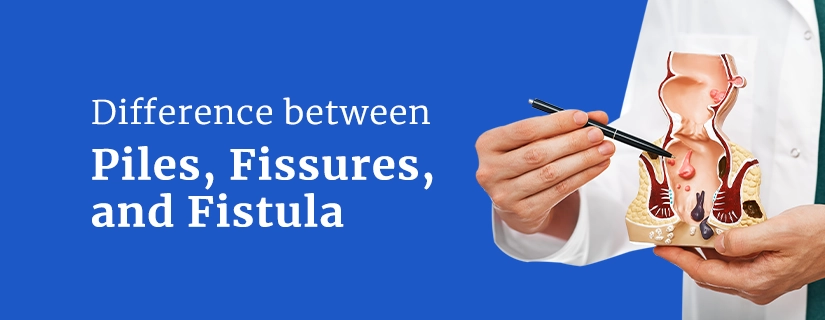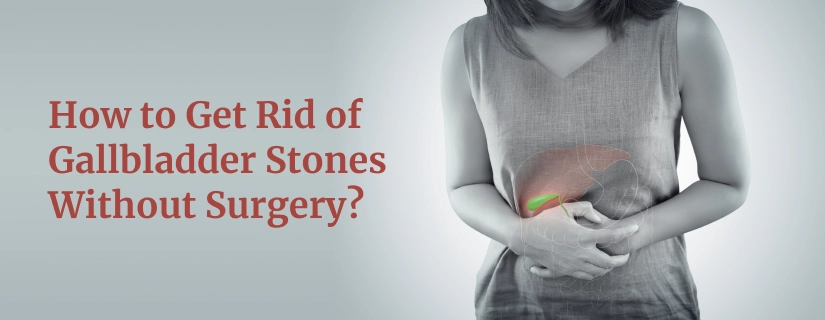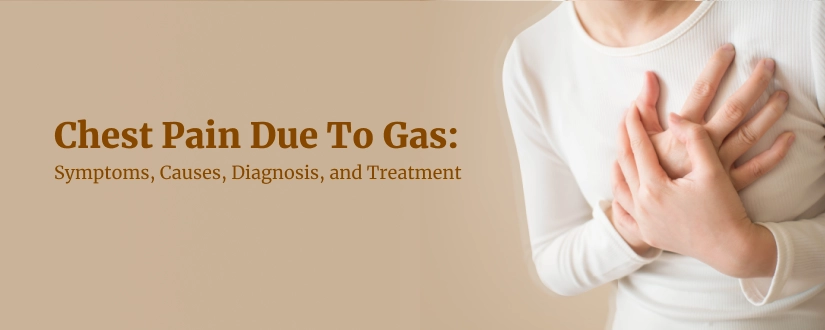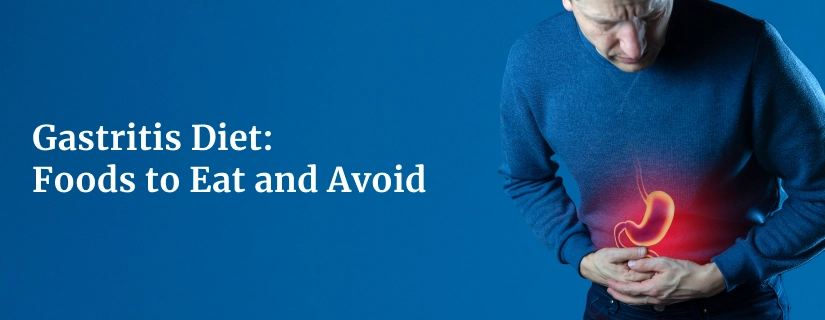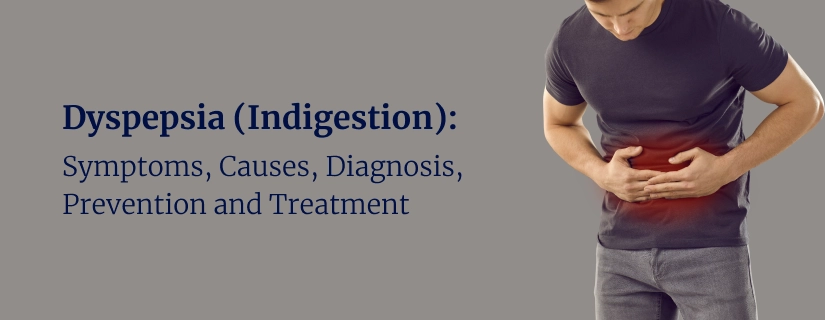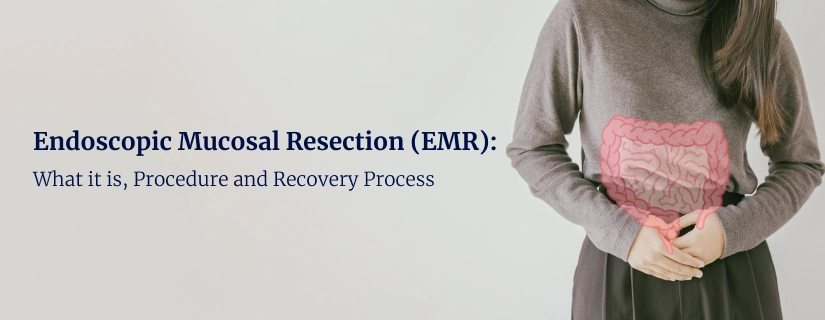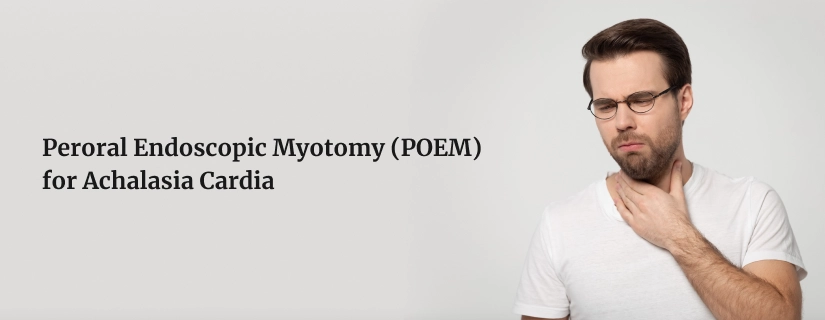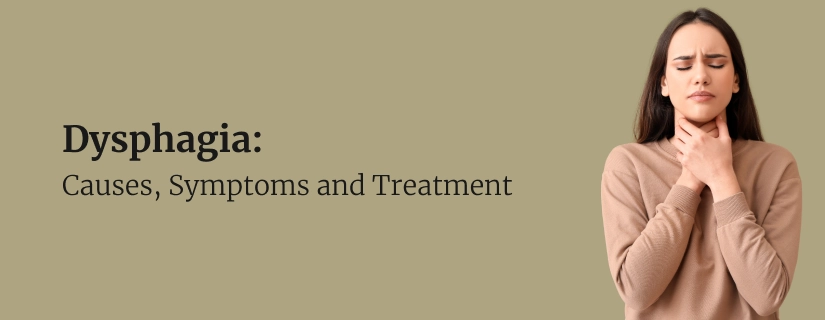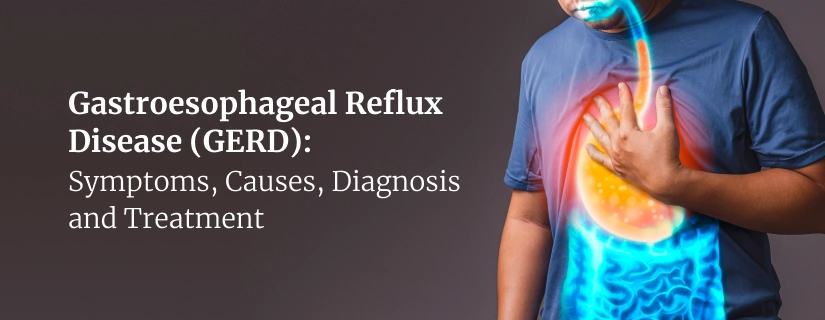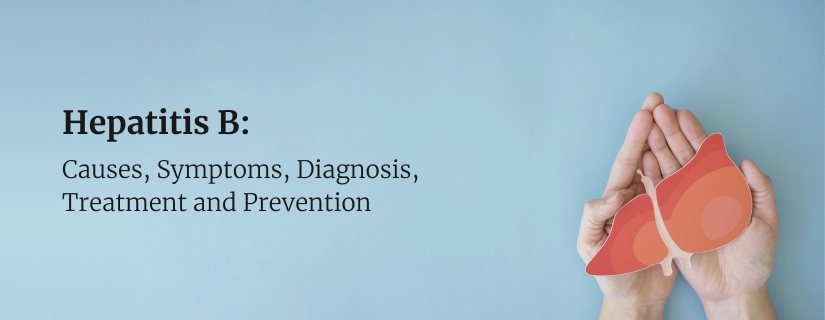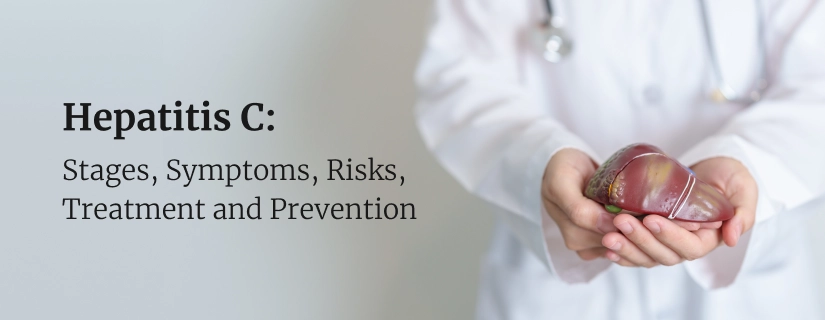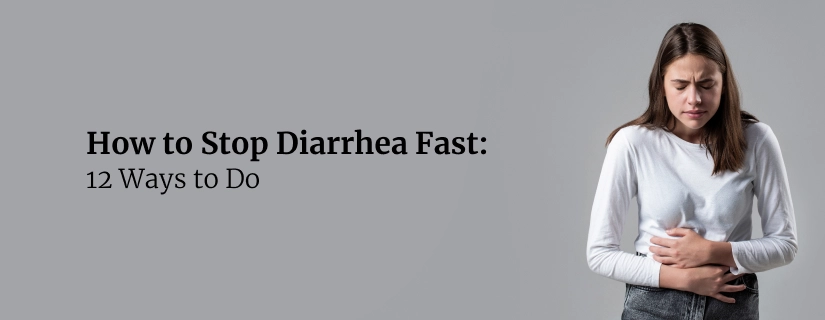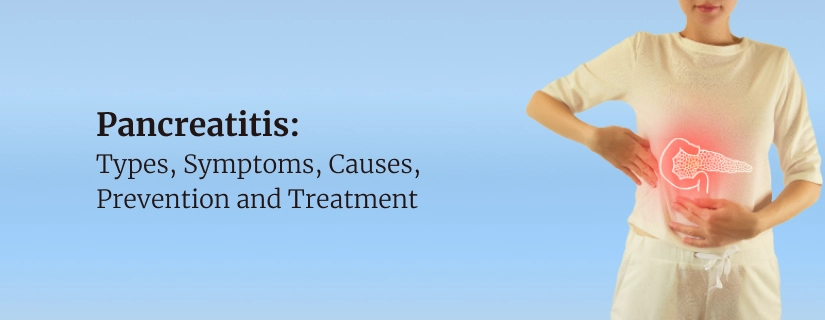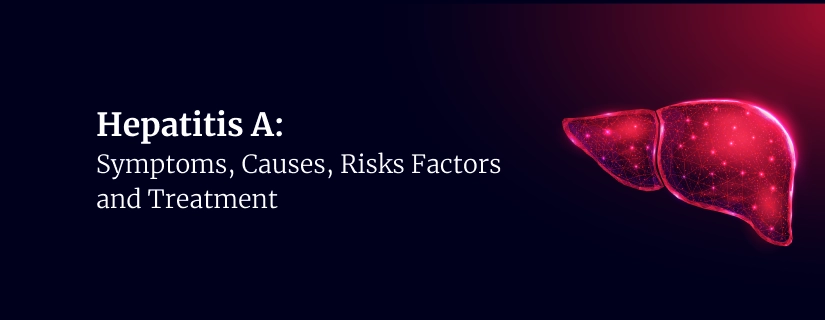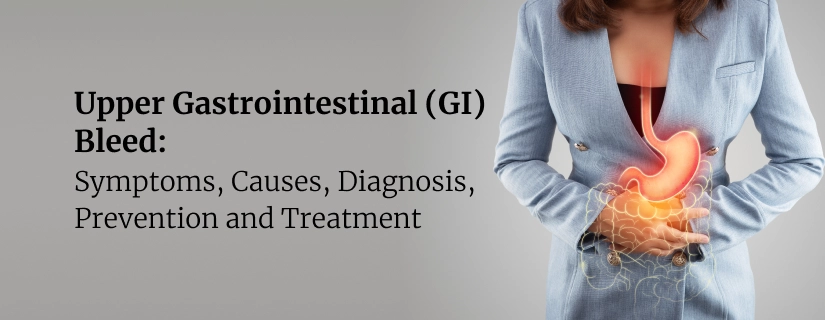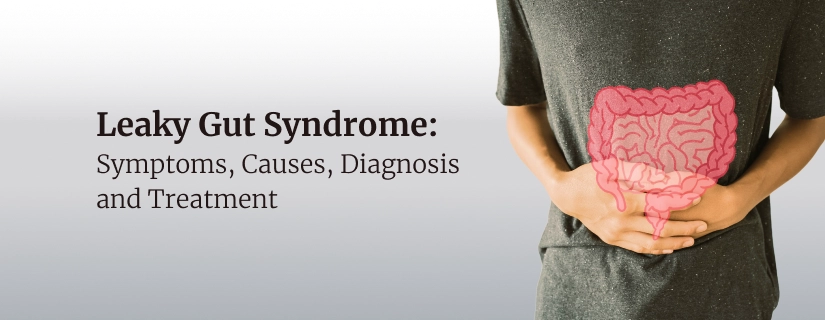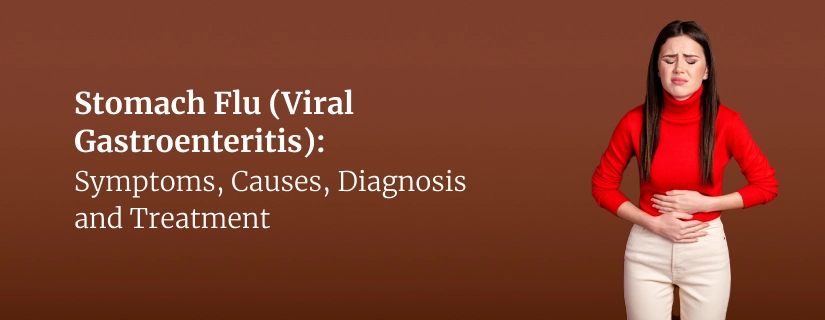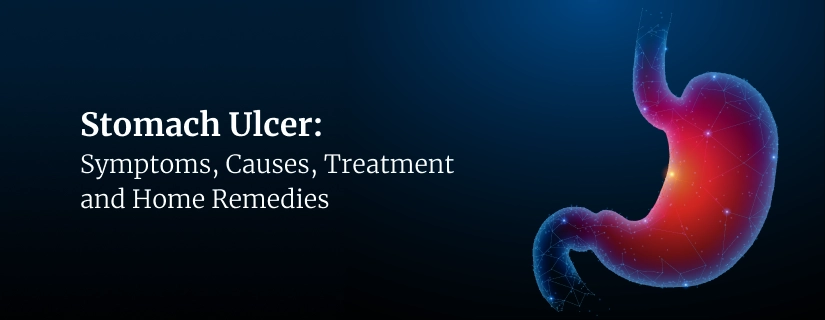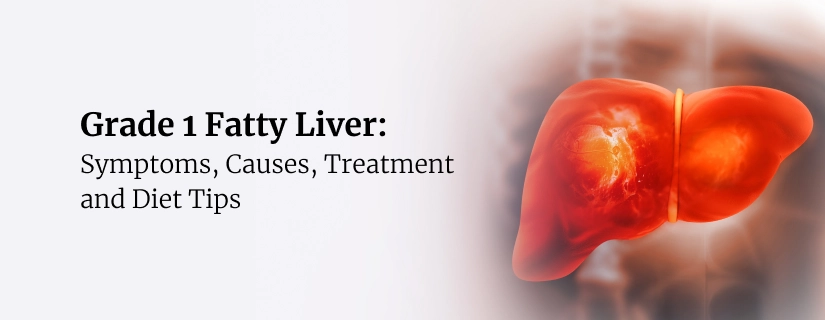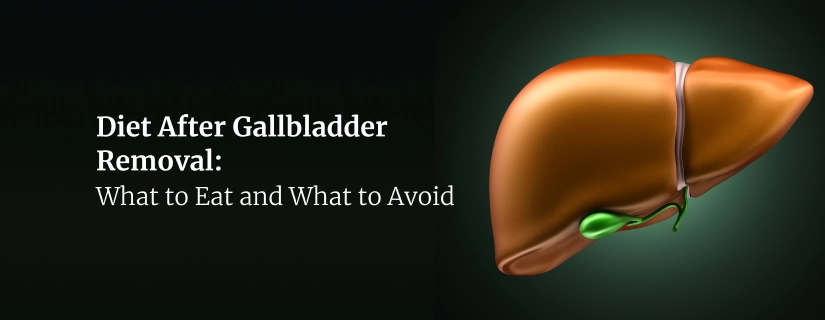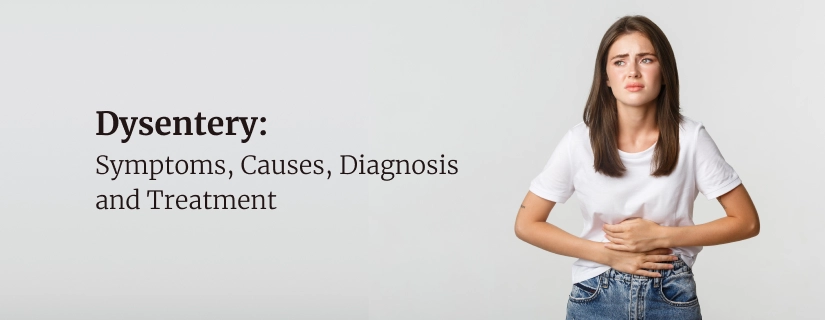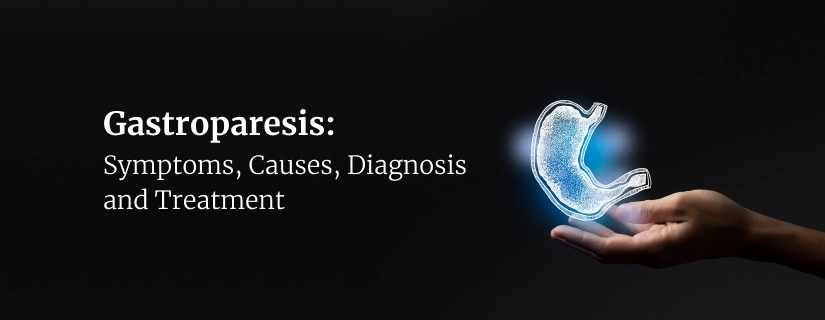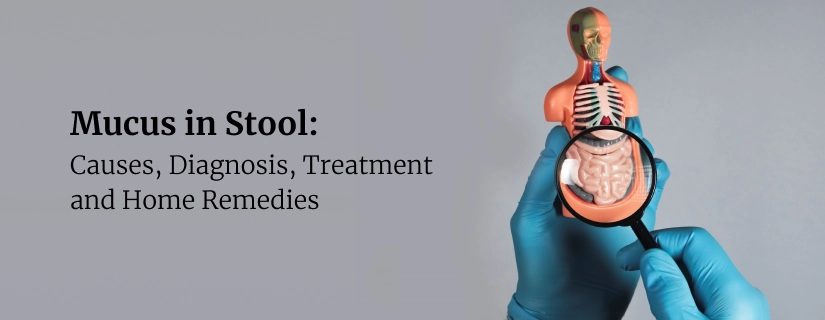-
Doctors
-
Specialities & Treatments
Centre of Excellence
Specialties
Treatments and Procedures
Hospitals & Directions HyderabadCARE Hospitals, Banjara Hills CARE Outpatient Centre, Banjara Hills CARE Hospitals, HITEC City CARE Hospitals, Nampally Gurunanak CARE Hospitals, Musheerabad CARE Hospitals Outpatient Centre, HITEC City CARE Hospitals, Malakpet
HyderabadCARE Hospitals, Banjara Hills CARE Outpatient Centre, Banjara Hills CARE Hospitals, HITEC City CARE Hospitals, Nampally Gurunanak CARE Hospitals, Musheerabad CARE Hospitals Outpatient Centre, HITEC City CARE Hospitals, Malakpet Raipur
Raipur
 Bhubaneswar
Bhubaneswar Visakhapatnam
Visakhapatnam
 Nagpur
Nagpur
 Indore
Indore
 Chh. Sambhajinagar
Chh. SambhajinagarClinics & Medical Centers
Book an AppointmentContact Us
Online Lab Reports
Book an Appointment
Consult Super-Specialist Doctors at CARE Hospitals
Gastric Problem: Causes, Symptoms, Prevention & Treatment
Updated on 12 September 2023
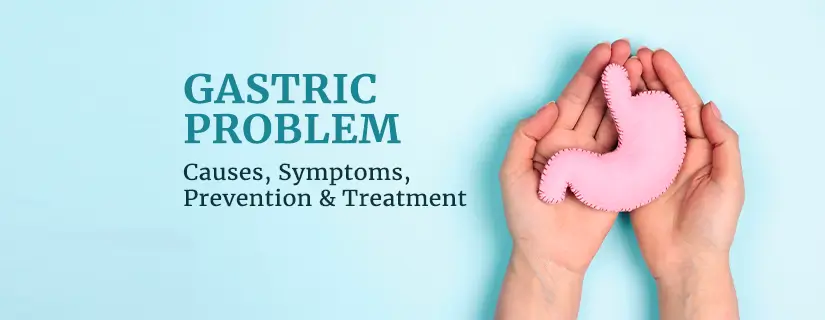
Gastric problems, also known as stomach issues or digestive disturbances, can cause discomfort and affect daily life. In this blog, we will delve into what gastric problems are, their causes, symptoms, and effective treatments. In addition, we will explore diet modifications, preventive measures, home remedies, and the right time to consult a doctor.
What is a Gastric Problem?
Gastric problems encompass a range of issues affecting the stomach and digestive system. These can include bloating, gas, indigestion, acidity, and more. While often not serious, persistent gastric problems can affect overall health.
What are the causes of Gastric Problems?
Gastric problems can result from various causes and risk factors, including:
- Dietary Factors
- Low-fibre diet: Not consuming enough fibre-rich foods like fruits, vegetables, and whole grains can lead to digestive issues and gastric problems.
- Spicy or fatty foods: Eating spicy, greasy, or fatty foods can irritate the stomach lining and trigger indigestion or acid reflux.
- Lifestyle Factors
- Sedentary lifestyle: Lack of physical activity or leading a mainly sedentary lifestyle can slow down digestion, contributing to gastric problems.
- Smoking and excessive alcohol consumption: These habits can irritate the stomach lining, increasing the risk of gastritis, ulcers, and other gastric issues.
- Psychological Factors
- Stress and anxiety: Psychological stress can affect digestion, leading to symptoms such as abdominal discomfort, bloating, or changes in bowel habits.
- Medical Conditions
- Infections: Bacterial or viral infections, like Helicobacter pylori infection or gastroenteritis, can cause gastric problems and gastrointestinal symptoms.
- Chronic diseases: Conditions such as gastroesophageal reflux disease (GERD), peptic ulcers, irritable bowel syndrome (IBS), Crohn's disease, or celiac disease can lead to chronic gastric issues.
- Medications
- Certain medications: Some medications, including nonsteroidal anti-inflammatory drugs (NSAIDs), aspirin, antibiotics, and oral contraceptives, can irritate the stomach lining and increase the risk of gastric problems or ulcers.
- Other Factors
- Age: Older adults may be more prone to gastric problems due to changes in digestive function and a higher prevalence of underlying medical conditions.
- Genetics: A family history of gastrointestinal disorders or conditions like GERD or inflammatory bowel disease (IBD) can increase the risk of gastric problems.
- Addressing these factors through dietary changes, lifestyle modifications, stress management techniques, and proper medical treatment can help prevent or manage gastric problems effectively.
Gastric Problem Symptoms
Common symptoms of gastric problems include:
- Passing gas
- Belching
- Discomfort or cramps
- Abdominal swelling (increased belly size)
- Feeling bloated
- Tightness or knotting in the abdomen
- Nausea
- Hiccups
- Stomach pain (Abdominal discomfort)
- Vomiting
- Upset stomach
- Sores in the stomach lining
- Reduced desire to eat
- Burning feeling in the stomach
- Acid reflux
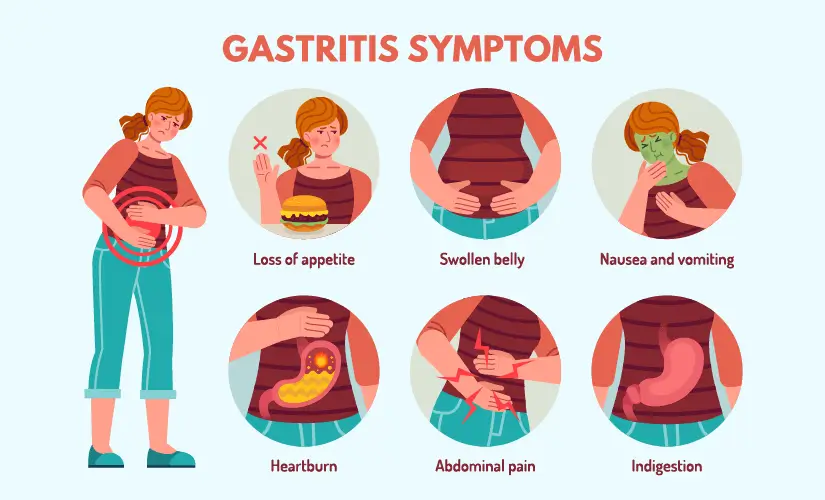
Gastric Problem Treatment
Treatment options depend on the specific issue. Over-the-counter antacids, lifestyle changes, and prescription medications can help alleviate symptoms. Consulting a healthcare professional is crucial for accurate diagnosis and tailored treatment.
Diet Modification to Reduce Gastric Problems
Following are the diet modifications that can help to reduce gastric problems:
- Adopting a balanced diet rich in fiber, fruits, vegetables, and whole grains can aid digestion
- Reducing fatty and spicy foods
- Avoiding overeating
- Staying well-hydrated
How to Prevent Gas in the Stomach?
Belching, commonly known as burping is body's way to expel excess air from the digestive tract. However, if it is accompanied by pain and bloating (abdominal distention), it might be due to an underlying gastric problem and you may have to consult a doctor.
Here are some tips to avoid belching, gas, and bloating:
- Chew food slowly
- Avoid talking while eating
- Eat smaller meals
- Avoid carbonated drinks
- Avoid smoking
Regular physical activity and stress management techniques contribute to better digestive health. Also, if the gastric symptoms are persistent, consult a doctor immediately to prevent complications.
Gastric Problem Home Remedies
Home remedies can often provide relief for mild gastric problems. Here are some effective home remedies:
- Ginger: Sip on ginger tea or chew raw ginger to help reduce nausea, bloating, and gas.
- Peppermint: Drinking peppermint tea or sucking on peppermint candies can help soothe digestive issues and relieve gas and bloating.
- Chamomile Tea: Chamomile tea has anti-inflammatory properties and can help ease stomach pain and discomfort.
- Apple Cider Vinegar: Mix a tablespoon of apple cider vinegar in a glass of warm water and drink it before meals to help with digestion and reduce acid reflux.
- Baking Soda: A teaspoon of baking soda in a glass of water can act as an antacid, neutralizing stomach acid and relieving heartburn.
- Fennel Seeds: Chewing fennel seeds or drinking fennel tea can help reduce gas, bloating, and indigestion.
- Probiotics: Consuming probiotic-rich foods like yoghurt, kefir, and sauerkraut can improve gut health and aid digestion.
- Aloe Vera Juice: Drinking a small amount of aloe vera juice can soothe the stomach lining and reduce inflammation.
- Bananas: Bananas are gentle on the stomach and can help neutralize stomach acid, providing relief from heartburn and indigestion.
- Hydration: Drink plenty of water throughout the day to keep your digestive system functioning smoothly and prevent constipation.
- Fiber-Rich Foods: Include fiber-rich foods in your diet, such as fruits, vegetables, whole grains, and legumes, to promote healthy digestion and prevent constipation.
- Warm Compress: Applying a warm compress or heating pad to your abdomen can help relax your stomach muscles and relieve cramps and pain.
- Small, Frequent Meals: Eating smaller, more frequent meals can reduce the burden on your digestive system and help prevent gastric problems.
- Exercise Regularly: Regular physical activity can help stimulate digestion and reduce bloating and constipation.
When Should I Visit a Doctor?
You should immediately consult a doctor if you experience persistent or severe gastric problems, symptoms that disrupt daily activities, cause unexplained weight loss, or are accompanied by signs like blood in stool.
Conclusion
Gastric problems are common but can be managed effectively with the right gastric problem solutions, including lifestyle choices, dietary modifications, and timely medical interventions. Prioritizing digestive health contributes to overall well-being and enhances the quality of life.
FAQs
1. Is the Gastric Problem Serious?
Most gastric problems are not serious, but to rule out any underlying severe conditions and prevent complications, you should consult a doctor.
2. Is Lemon Good for Gastric Health?
Lemon may stimulate the production of digestive juices, thereby treating indigestion and bloating. However, it may exacerbate acidity for some individuals, so it is recommended to consult a doctor if you are unsure.
3. Is Hot Water Good for Gastric Health?
Sipping warm water can activate the digestive tract and aid digestion and alleviate discomfort in some cases. If you are experiencing constipation or acidity, drinking a warm cup of water might reduce the condition.
4. Is Turmeric Good for Acid Reflux?
Turmeric has anti-inflammatory properties that might alleviate gastric problems. However, consult a doctor before using it for acid reflux.
5. What are the Risk Factors of Gastric Problems?
Poor diet, stress, irregular eating habits, smoking, and certain medical conditions such as obesity and Helicobacter pylori infection can contribute to gastric problems. A history of chronic constipation or diarrhea, eating large amounts of spicy foods, and consuming alcohol also contribute to gastric problems.
6. Is gastric cause back pain?
Yes, gastric problems can sometimes cause back pain. This is often due to the referred pain from the stomach to the back, especially in cases of severe gas, bloating, or acid reflux. Conditions like gastritis, peptic ulcers, and severe indigestion can also contribute to back pain.
7. How to Cure Gastric Problems Permanently?
- A permanent cure for gastric problems often involves a combination of lifestyle changes, dietary adjustments, and sometimes medical treatment. Key strategies include:
- Eating a balanced diet rich in fiber and avoiding trigger foods like spicy, fatty, or acidic foods.
- Maintaining a regular eating schedule and avoiding large meals.
- Reducing stress through techniques like meditation, yoga, or regular exercise.
- Avoiding alcohol, smoking, and caffeine.
- Staying hydrated and drinking plenty of water.
- In some cases, taking prescribed medications such as proton pump inhibitors or H2 blockers to reduce stomach acid.
- Seeking medical advice for underlying conditions like Helicobacter pylori infection, which may require antibiotics.
8. Can gastric problems be treated on their own?
Mild gastric issues like occasional indigestion or acid reflux can often improve with lifestyle changes and diet adjustments. But if symptoms persist or become severe, it's important to see a doctor. They can check for underlying conditions that might need medical treatment.
9. What should I drink to reduce acid in the morning?
To reduce acid in the morning, consider drinking:
- Warm water with lemon (despite its acidity, it has an alkalizing effect after digestion).
- Herbal teas such as chamomile or ginger tea.
- Aloe vera juice, which can help soothe the digestive tract.
- Warm water with a teaspoon of baking soda, which can neutralize stomach acid.
- Coconut water, which is soothing and has a natural cooling effect.
10. What to eat during gastric?
During gastric issues, it's best to eat easily digestible, bland foods that don't irritate the stomach. These include:
- Bananas
- Rice
- Applesauce
- Toast (preferably whole-grain)
- Oatmeal
- Boiled or steamed vegetables
- Lean proteins like chicken or fish
- Yogurt with probiotics (if dairy is tolerated)
- Soups, especially clear broths or mild vegetable soups
11. Is curd good for gastric?
Yes, curd (yogurt) can be good for gastric issues. It contains probiotics, which can help maintain a healthy balance of gut bacteria and improve digestion. Curd is also soothing to the stomach and can help reduce symptoms of gastritis and acid reflux. However, it's important to choose plain, unsweetened yogurt to avoid added sugars that can exacerbate gastric problems.

ENQUIRY FORM
SELECT CATEGORIES
-
Neurosciences (16)
-
Neurology (37)
-
Neurosurgery (14)
-
Orthopaedics (48)
-
Oncology (33)
-
Obstetrics and gynecology (51)
-
Pulmonology (23)
-
Urology (20)
-
Nephrology (13)
-
Psychiatry (7)
-
Dietetics and Nutrition (111)
-
General Medicine (63)
-
Cardiac Sciences (30)
-
Vascular & Endovascular Surgery and Interventional Radiology (10)
-
Gastroenterology (46)
-
Endocrinology (23)
-
Plastic Surgery (10)
-
Critical Care Medicine (5)
-
COVID-19 (16)
-
Dermatology (16)
-
Emergency Care (1)
-
Ophthalmology (4)
-
Pediatrics (14)
-
Laparoscopic and Bariatric Surgery (8)
-
ENT (15)
-
Kidney Transplant (1)
-
Liver Transplantation and Hepatobiliary Surgery (5)
-
General Surgery (3)
-
Internal Medicine (5)
-
Medicine Information
Appendicitis: Symptoms, Causes, Diagnosis, Treatment, Foods to Avoid and Prevention
Acid Peptic Disease: Symptoms, Causes and Treatment
YOU MAY ALSO LIKE
RECENT BLOGS
-

Direct Anterior Approach in Total Hip Replacement: Advantages and Challenges
10 April 2025
Read More
-

Zinc Deficiency: Signs and Symptoms, Causes, Treatment
9 April 2025
Read More
-

Chest Pain When Coughing: Causes, Treatment and Home Remedies
9 April 2025
Read More
-

12 Health Benefits of Eating Mushrooms
8 April 2025
Read More
-

7 Health Benefits of Blood Donation You Should Know About
8 April 2025
Read More
-

Implantation Bleeding Vs Periods: Know the Difference
28 February 2025
Read More
-

Bloating During Ovulation: Symptoms, Causes and Remedies
28 February 2025
Read More
-

Itching During Dengue: Causes, Treatment and Home Remedies
18 February 2025
Read More
Have a Question?
If you cannot find answers to your queries, please fill out the enquiry form or call the number below. We will contact you shortly.










